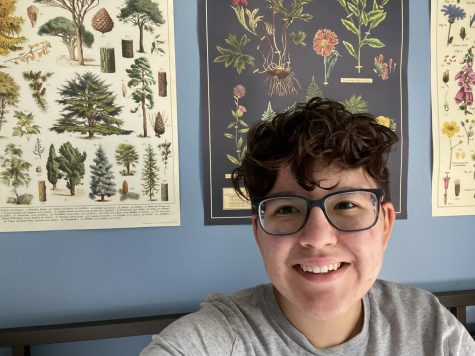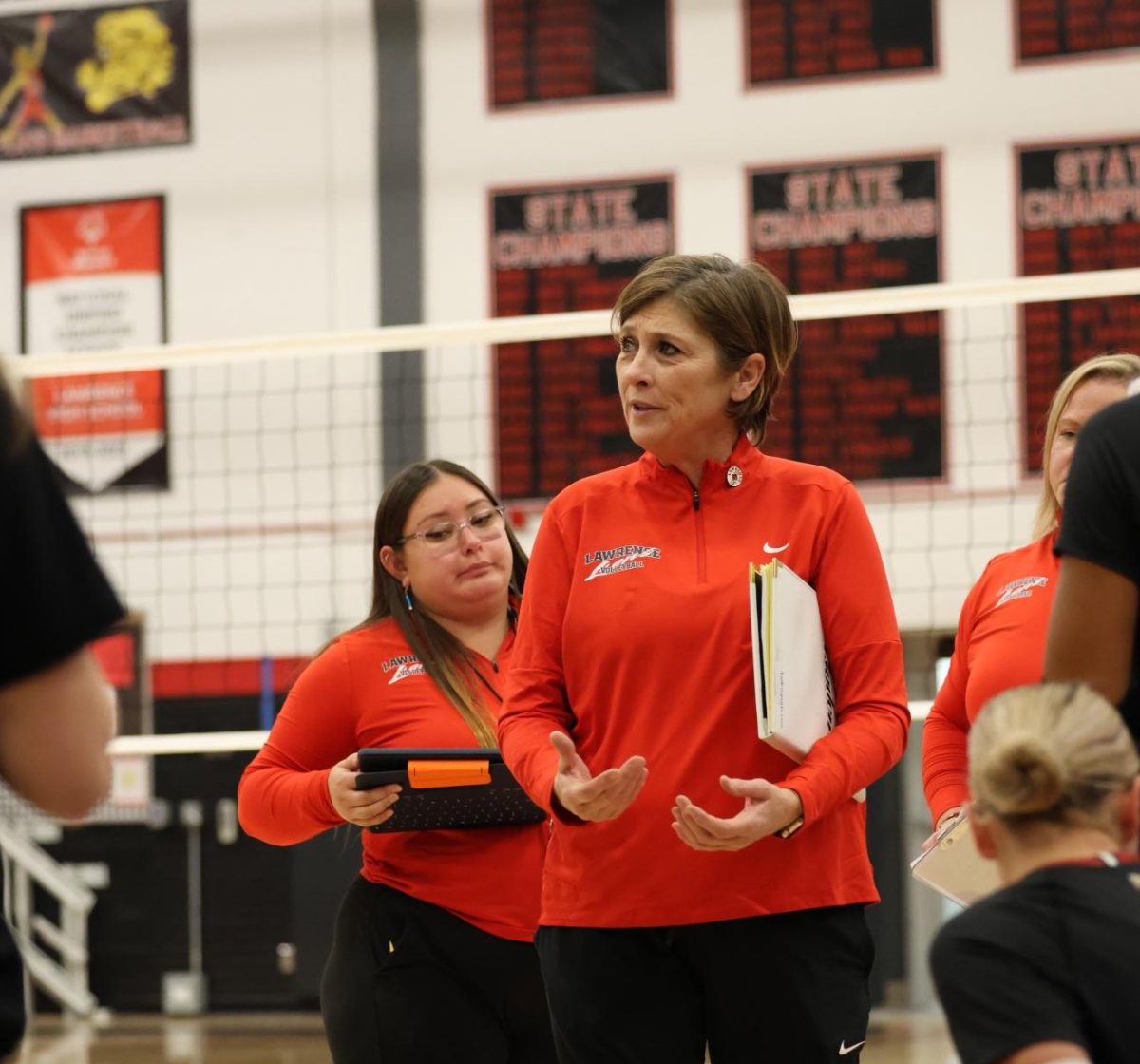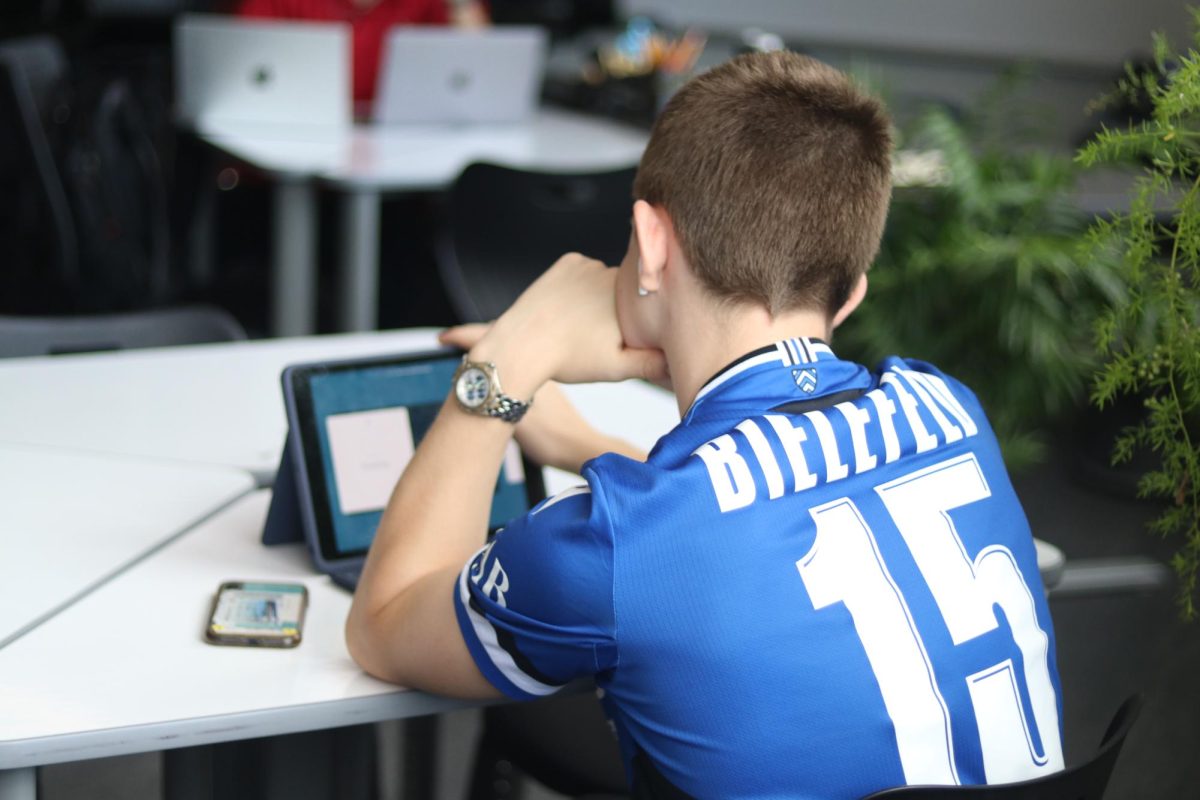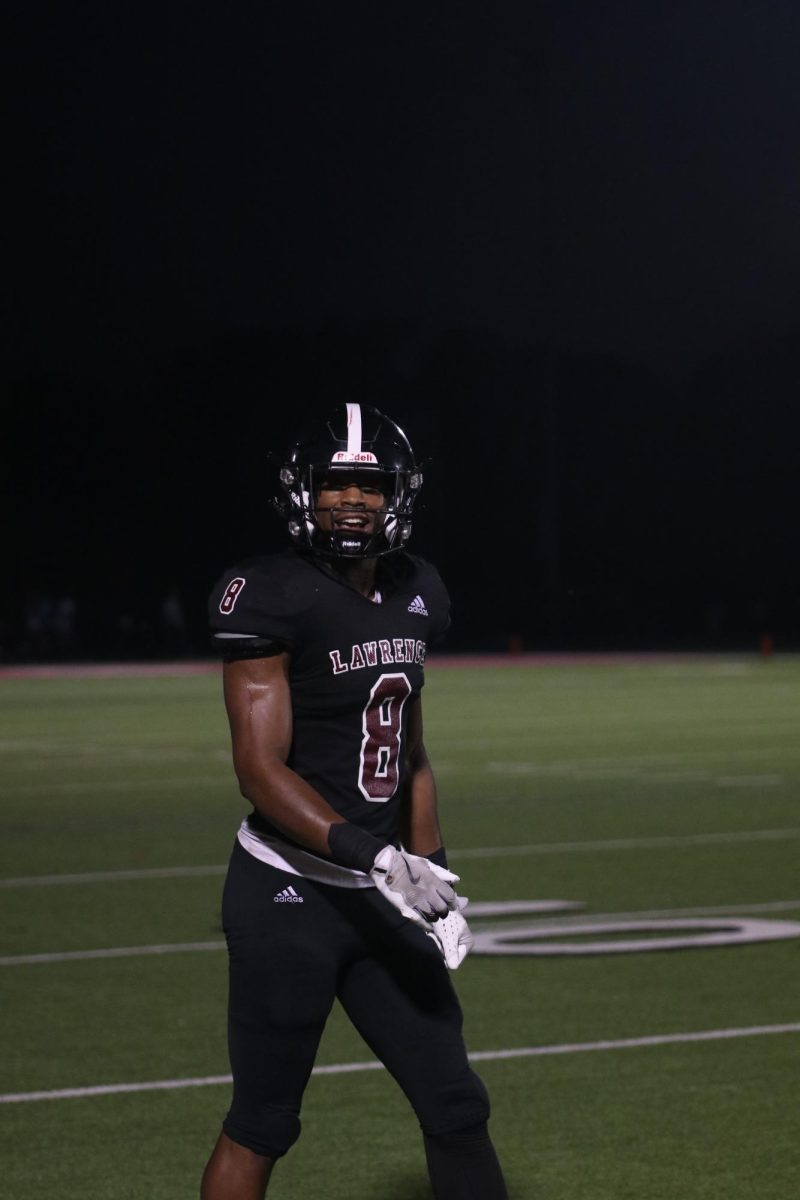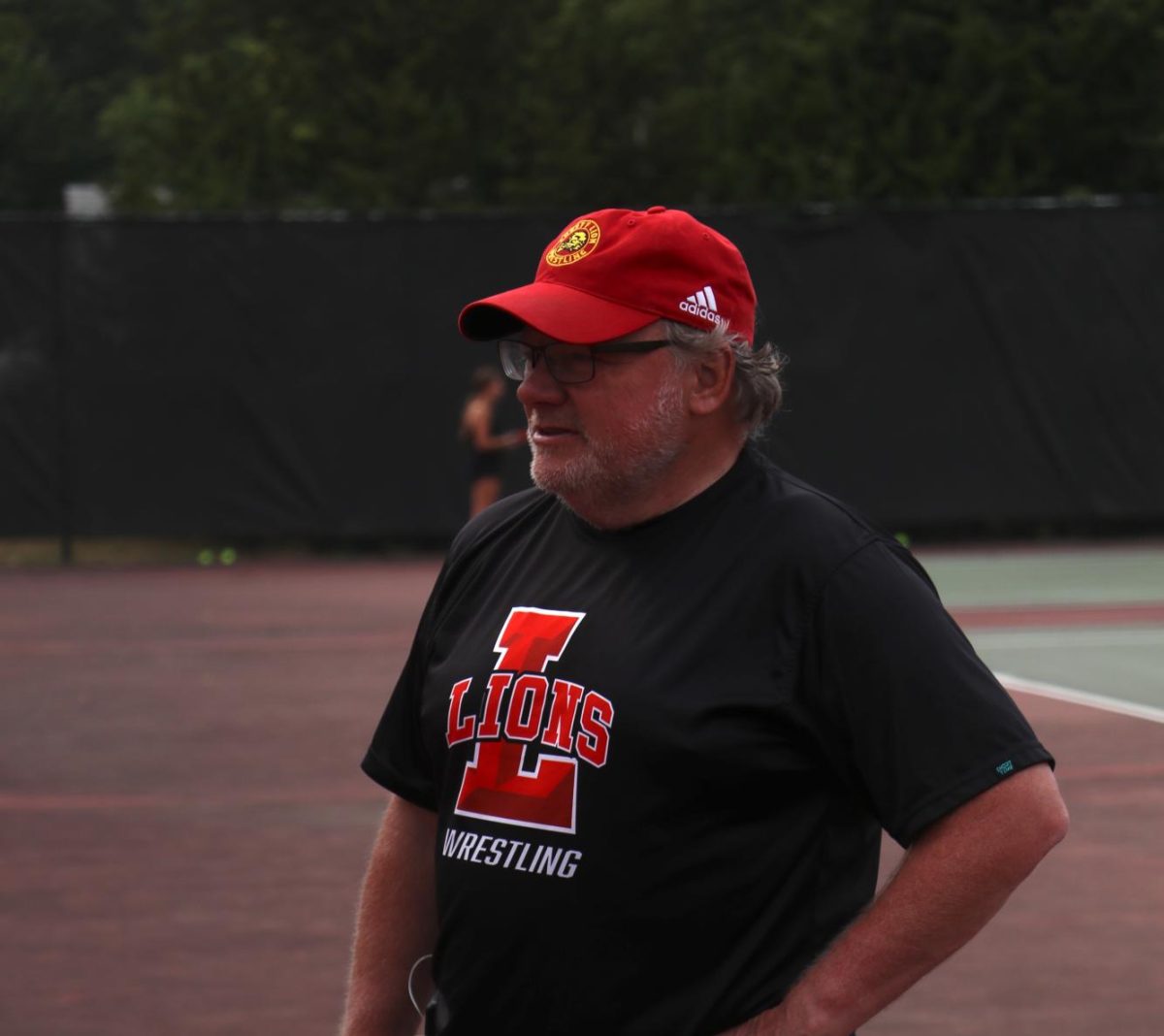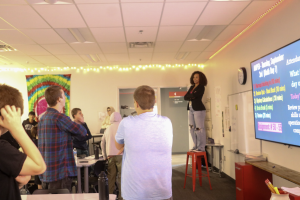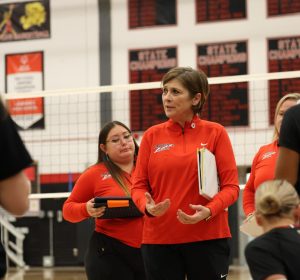School year to start online
USD 497 school board votes to start the year online beginning Sept. 8
During the coronavirus school closings, students are learning online.
July 28, 2020
The USD 497 Board of Education voted on Monday to both postpone the beginning of school to Sept. 8 and to have the first six weeks of the academic year take place online.
This decision comes following Gov. Laura Kelly’s failed executive order to postpone the beginning of schools until after Labor Day to give school districts extra time to prepare for what this school year will bring. The Kansas State Board of Education voted to not uphold the order and instead leave it up to districts to decide when to begin the school year. USD 497 voted to follow Gov. Kelly’s guidance, which means school will be postponed for those in Lawrence Public Schools although teachers will return for virtual or on-site professional development beginning Aug. 12.
It is likely the first of many adjustments schools will have to make this year. School officials described a flexible plan that would involve online-only education, a hybrid of online and in-person instruction, and fully reopened schools depending on consultations with the health department. A new Education Unified Command was announced on Monday to “provide a coordinated reopening and response strategy among education institutions,” the Douglas County Health Department announced on Monday.
All instruction will be prepared to be delivered online so teachers can adapt to changes that will hinge on active COVID-19 cases, said Patrick Kelly, executive director of curriculum and instruction.
“We’ve got to prepare for all three because we may go to any different model depending on where those numbers may be,” Kelly said.
Hybrid learning would consist of half of students attending Mondays and Thursdays, while the other half received virtual instruction, on a rotating schedule. The other half would attend Tuesdays and Fridays, with the others participating virtually. Wednesdays would be a virtual day for all students, and the buildings would be thoroughly deep-cleaned. The high schools would have exclusive block scheduling, to keep transitions in the halls to a minimum.
District administrators described how instruction might change depending on the phase of reopening:
Phase 4: In person, hybrid of distance learning would be options.
Phase 3: It would include hybrid or distance learning as options. Douglas County has stayed in Phase 3 since May as COVID-19 cases refused to dissipate.
Phase 2: Distance learning only.
Phase 1: Distance learning only.
The board was virtually joined by members of the public, some of who argued for schools to remain online until Coronavirus cases were significantly declined, and some of who advocated for students to return to in-person schooling.
Lindsey Buck, the Lawrence Education Association board president, asked the board to take the safety and wellbeing of students and staff into account when making its decision.
“LEA believes that unless there is a marked improvement in the level of community cases, the academic year should begin with an extended period of online instruction,” Buck said. “To do otherwise is to gamble unnecessarily with the very lives this district is charged with protecting.”
LHS English teacher Abby Hoffman told board members about contracting COVID-19 early in July. They shared their experience at the emergency room and ICU, and implored the board to keep schooling online.
“Believe me when I say I want to go back to school,” they said. “I want to support my scholars. I want to support my families, my colleagues, my community, and now more than ever during this pandemic, but please believe me when I say that we are not ready to connect in person just yet. I truly mean it.”
Megan Welch Phillips, an elementary special education teacher, wanted the board to consider the perspectives of vulnerable groups.
“I serve a very vulnerable population, including students with medical needs, intellectual disabilities, or behavior disorders,” she said. “The members of that population are vulnerable, specifically to COVID-19 for medical and hygienic reasons. If they have an underlying medical condition, they can get very sick and not recover. Some of these students may not be willing or able to comply with needed hygiene rules and PPE requirements.”
Some argued to open school with in-person instruction. Parent Britny Wood said students needed to return to school for their mental health. She cited an American Academy of Pediatrics recommendation that schools have the “goal of having students physically present in school.” The CDC, she noted, has also pushed for reopening although some are concerned the updated CDC recommendations released last week were revised under pressure from the White House. President Donald Trump has threatened to withhold federal funding for schools that don’t offer in-person instruction.
“Lawrence, Kansas, has some of the lowest numbers in the state of Kansas, and the country, for serious COVID illnesses and deaths,” she said.
Douglas County has recorded 608 cases, including a recent spike that has begun to fall following a mask requirement and the closure of bars, according to the Douglas County Health Department. That puts the county at having about five cases per 1,000 people, according to the Kansas Department of Health and Environment — a rate that puts it in the bottom third of the state’s 105 counties. One concern expressed on Monday was that returning college students combined with the Labor Day holiday could lead to another spike in cases next month.
Wood argued that high school students were responsible enough to take measures to prevent themselves from contracting COVID-19.
“High school students have already proven they can be positive contributors to the solution,” she said. “This summer, kids have been doing summer workouts and been following all of the necessary guidelines, wearing masks, doing temperature checks and social distancing.”
The board voted unanimously to delay the start of school, and after much discussion, to have a minimum of six weeks of online instruction at the beginning of the first semester. Board members plan to review the topic at their Sept. 28 meeting, and see if hybrid instruction after the six weeks of virtual schooling is an option.
“I’m not willing to let our students and staff serve as the coal miner’s canary for COVID,” board member Carole Cadue Blackwood said.




